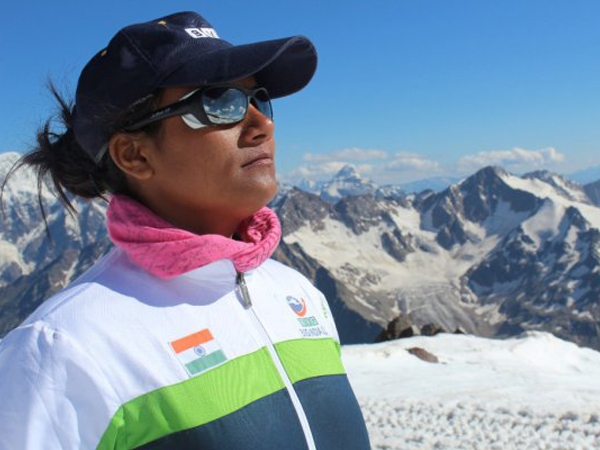
In this age of viral videos, there are some that blaze through our sensibilities, leaving an indelible mark upon our mind. “One photo a day in the worst year of my life” is one such video, showing in rapid sequence, photos of a woman who is the victim of domestic violence.
The video puts together one photo taken each day by the woman over one year. A happy, pretty-faced smiling woman begins with photograph one. As the days race past, the picture slowly changes, a few tears here and there, the occasional red puffy eye, still smiling occasionally. Slowly the horror emerges. Eyes swollen shut, beaten black and blue, bleeding nose, swollen cut lips, bruises all over the face in a burst of red. The last picture is that of a battered woman, a ghost of her former smiling self, who holds up a signboard – “Help me, I don’t know if I will be alive tomorrow.”
This powerful message against domestic violence was created by the Croatian government in response to a danger that many women across the globe live with every day. I cannot help but think about our Indian women each time I see this video. Most of them would understand the horror of domestic violence. Many of them, in fact, have been living through it; silent for years, worried about backlash from a society that they KNOW will not support them.
Over 1,18,866 cases of domestic violence have been reported in India in 2013, a 134% increase from the 50,703 cases in 2003. This puts India on top of the list among other countries when it comes to domestic violence.
The rise in the number of cases is being attributed to increased reporting of these cases by women. Armed with education, awareness and financial independence, more women are emerging out of the brickworks today to seek help.
Activists in the field have speculated that this could due to the new law on domestic violence introduced by the government in 2005. But the odds continue to pit heavily against women, because even though there are awareness campaigns urging women to seek help, and there are laws to help them through it, the system continues to let these women down.
It begins with the police officials who take your complaint. Having all-women police stations has not improved matters much for the victims. Although the senior female officials are progressive and sensitised in these matters, the bias continues amongst the lower level personnel. “Go home and try adjusting with your husband. That is your duty as a wife’, is what many of the female police personnel tell the victims who come to register a complaint.
A marriage counselor attached to a Police commissioner’s office once told me. “What women today are coming to, I don’t know. They are too willing to file cases on trivial issues and not willing to compromise or work things out. They don’t think marriage is sacrosanct.”
Incidentally, this lady has been providing counseling for domestic violence, divorce and dowry harassment cases for more than 10 years now, yet this is the attitude she harbours.
Dangerous though domestic violence is, it is still tried as a civil case, and not criminal case. In many cases, court appointed mediators too urge the women to compromise. And if that still doesn’t work, we have judges like K Bhaktvatsala from the Karnataka High Court telling a domestic violence victim who filed for divorce:
“Women suffer in all marriages. You are married with two children, and know what it means to suffer as a woman. Yesterday, there was a techie couple who reconciled for the sake of their child. Your husband is doing good business; he will take care of you. Why are you still talking about his beatings?” Justice Bhaktavatsala was quoted as saying by The Bangalore Mirror.
Agreed, it’s not easy for the government to keep the ball rolling on issues of domestic violence to make headway. But having launched the ball, they MUST keep it rolling, in order to prevent it from falling off the track completely. Only a widespread sensitisation program in addition to fully implementing the Domestic Violence act may work.
If not, then we can prove wrong all those men who say that it is dangerous for women to step out of their homes. In fact, domestic violence makes her home the most dangerous place for an Indian woman to be in.
More on>> Balancing Act




